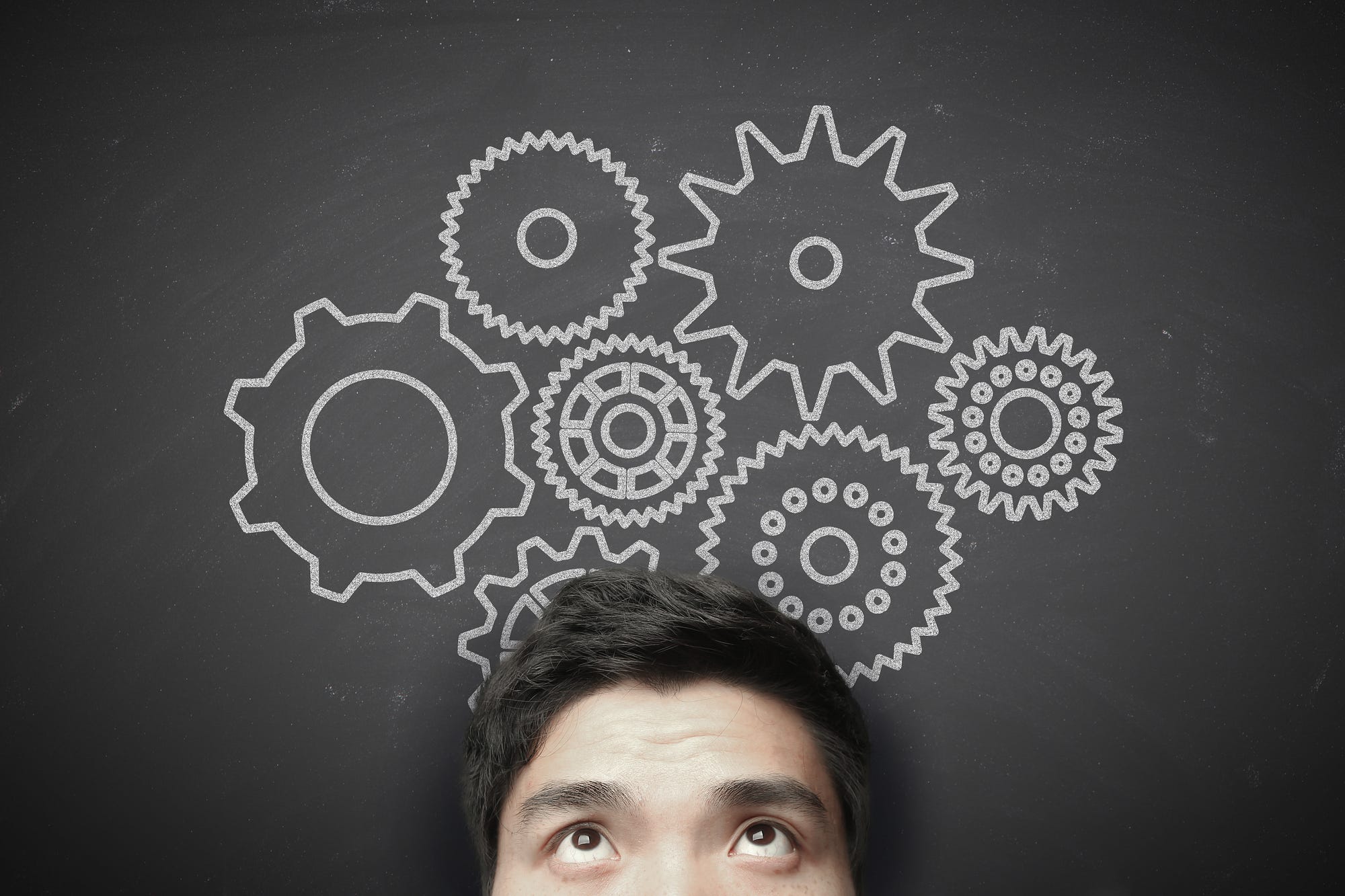Our mental models are deeply engrained images of how we see the world and how we to react in different scenarios and situations (McShane, Travaglione & Olekalns 2010, p. 91; Senge 2006, p. 164).
When I meet someone for the first time, my mental models greatly influence my perceptions of them; their words, their expressions, their reactions. And by extension, these mental models then influence my thoughts and actions in that situation; how I behave, how I speak, even my subconscious mannerisms. As a result, that first meeting can make for a pleasant first impression, or an embarrassingly regrettable occasion.
Conversely, I believe that my mental models also limit my perceptions of the other people I meet. This is because I am basing my conclusions on two things: a single, short meeting, and on my filtered model of the world which has been developed over my entire lifetime. Which leaves me with limited inferential flexibility, and the possibility of a prejudicial conclusion (Ormerod 2000, cited in Johnson-Laird 2001, p. 436; Markman & Gentner 2001, p. 230).
Also Promoted Via
LinkedIn:
Facebook:
Twitter:
Mental Models and Social Situationshttps://t.co/dtFwCp2r4f
— Better Humans (@BttrHumans) July 20, 2021
Quora:
https://better-humans.quora.com/Mental-Models-and-Social-Situations?share=cebc1072

